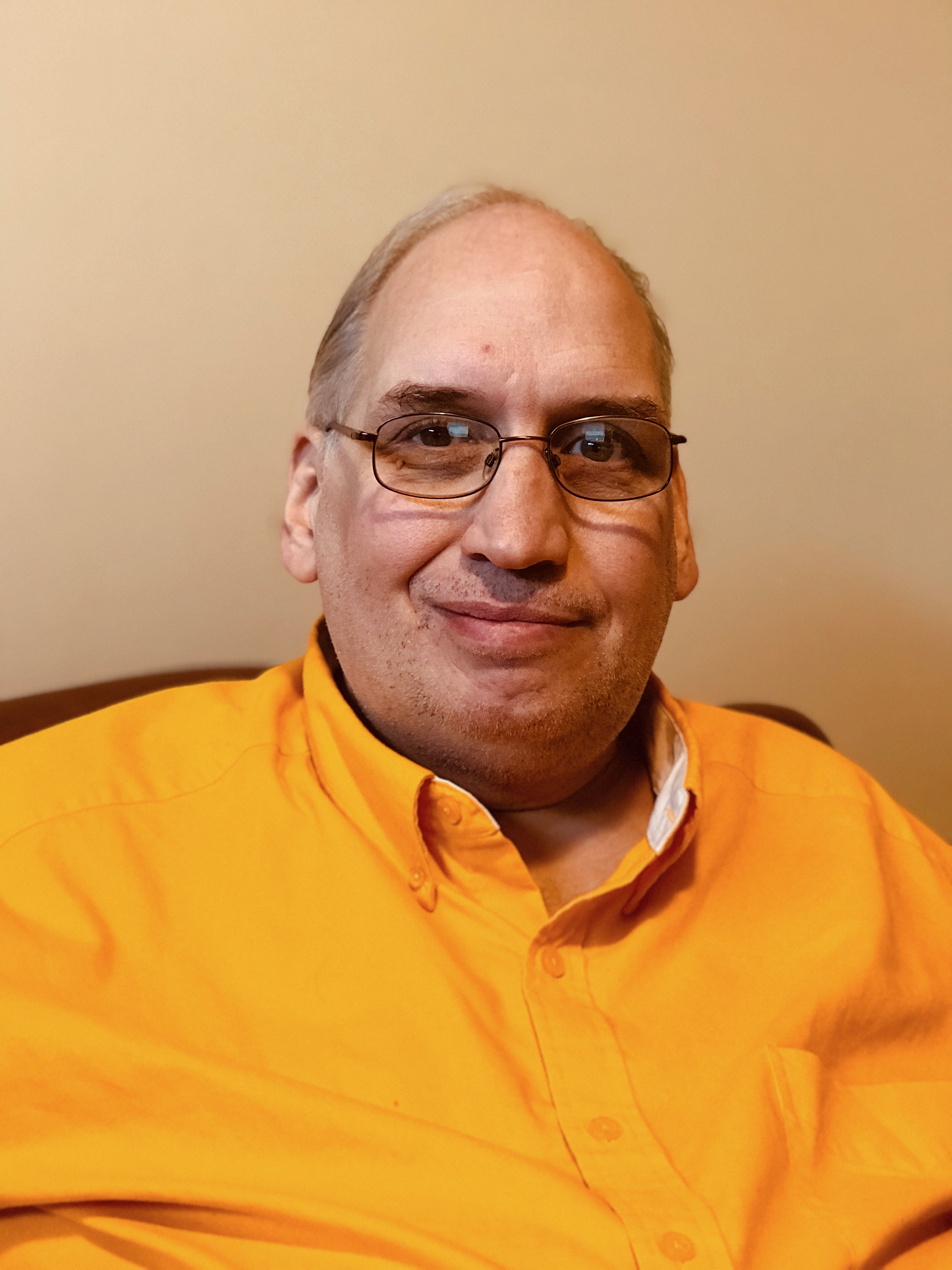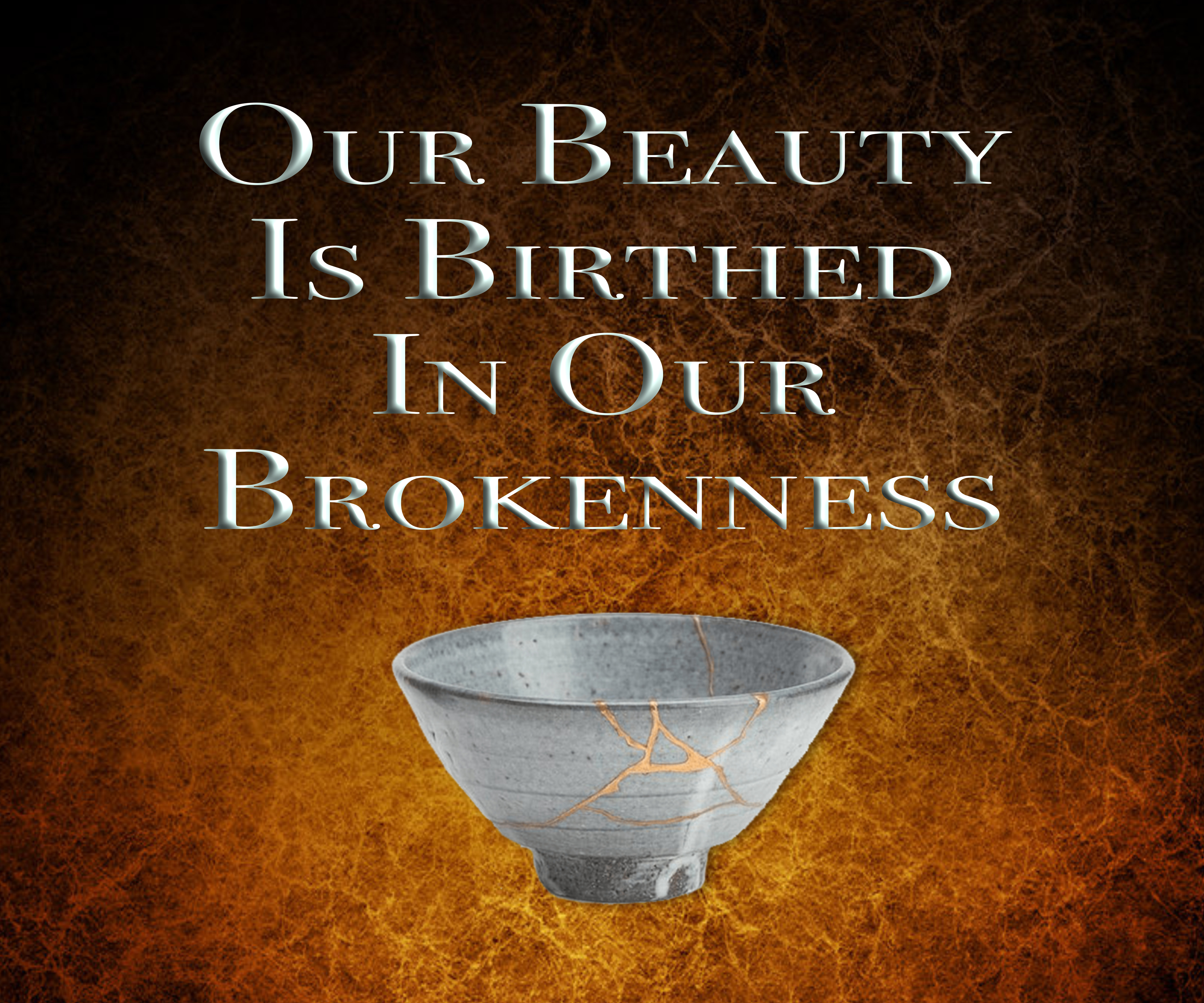As a trauma therapist who works with survivors of childhood abuse, the topic of forgiveness comes up frequently.
How do you sit in a room with someone who has been objectified by a sociopathic father and tell her that she needs to forgive?
You don’t…..Not ever.
Frankly, she may never come to a place where she can, or she may laughingly say “I forgave him a long time ago” …. more a defensive reaction to keep the memories and pain at bay than a reality.
But forgiveness, at some point, does become important. If we hold onto the anger, which we absolutely have a right to, we find that it begins to turn inward. It quickly becomes an acidic resentment that eats away at our ability to experience joy and connection freely and without fear in our future selves. Bitterness gives way to connection, self-loathing takes the place of self-compassion and, in many of the cases I deal with, numbing becomes the only way out of the empty shell we walk around in.
What I often prescribe when my patients get to the place that they are ready to embrace forgiveness is a bowl burning. We write down the names of people we need to forgive, there is a prayer or meditation (depending on religious/spiritual beliefs) asking for a release of all bitterness and resentment and a complete forgiveness of this person, and then we burn the paper and feel the release on a physical level. Alternatively rice paper works because it simply dissolves in water when fire is not appropriate (my work in prisons comes to mind).
Sometimes we have to do this exercise multiple times before the release and freedom that forgiveness offers can come and always we have to discuss at length the difference between forgiveness and trust.
Trust is not restored simply because forgiveness is offered. Trust is earned and when broken in the severest of ways it might never be restored, even when forgiveness is complete.
This is the hardest part of my work with survivors of childhood trauma. They have often forgotten that they have the right to boundaries. They have been raised to believe that their bodies are objects that do not belong to them. This leads to forgiveness being an act of boundary denial if we are not careful. We see this a great deal in abusive relationships. The pattern of violence, forgiveness and return leading to the continuation of the cycle.
But forgiveness is often more than forgiving those who have hurt us. That release from the bondage of resentment is extremely important, no doubt. But eventually, we must learn to forgive ourselves. In every survivor lies the child who is convinced that if they had just done something different they could have stopped the cycle. If they had fought harder, been a better person, less of a burden, worth more as a person in general …. And on, and on …. They could have prevented the abuse they suffered.
Inevitably, to move forward and learn to love again, the survivor must learn to forgive and trust themselves.
My patients struggle a great deal with learning to trust their own judgement and boundaries as they move forward. They struggle with forgiving themselves for not being stronger in the moment (as blameless as they were they truly see it this way often) and to forgive themselves for choosing to numb out the pain they carry with alcohol, drugs, sex, food, whatever was handy.
But here’s the big secret that I also let them in on. We are all broken. We all need that forgiveness and we all struggle with trusting ourselves and others out of that brokenness and it has to be that way. It has to be that way because the broken places are what drives our need for connection and connection is what makes us beautiful and complete.
If there is one thing I have learned as a trauma therapist it is this……


